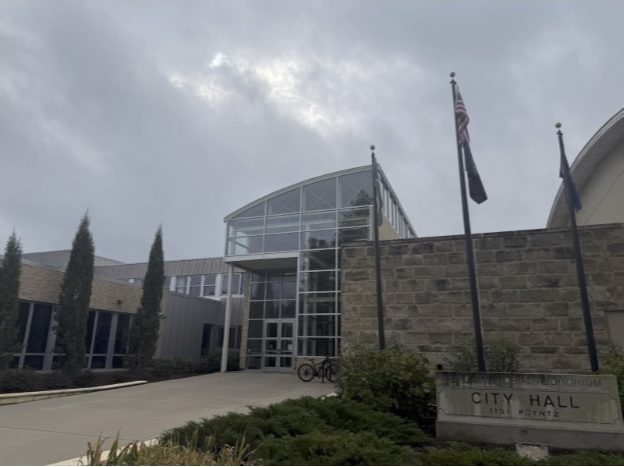As we age, our nutritional needs and dietary requirements often change. Seniors face unique challenges when it comes to maintaining a healthy, balanced diet, from changes in appetite and taste preferences to managing chronic health conditions. However, with some thoughtful meal planning and a focus on nutrient-dense foods, seniors can enjoy delicious and nourishing meals at home.
Importance of Proper Nutrition for Seniors
Proper nutrition is essential to maintain health, energy levels, and quality of life. A well-balanced diet can help strengthen the immune system, promote healthy bones and muscles, and reduce the risk of chronic diseases such as heart disease, diabetes, and certain types of cancer. Additionally, good nutrition can improve cognitive function, mood, and overall well-being.
Common Nutritional Concerns for Seniors
As we age, several factors can impact our nutritional needs and habits. Some common concerns for older people include:
- Decreased appetite and reduced sense of taste or smell
- Difficulty chewing or swallowing due to dental problems or conditions like dentures
- Reduced absorption of certain nutrients, such as vitamin B12 and calcium
- Chronic health conditions that require specific dietary considerations
- Social isolation and lack of access to healthy food options
Developing a Balanced Meal Plan
When creating a meal plan for seniors, it’s important to focus on nutrient-dense, whole foods that can provide the necessary vitamins, minerals, and macronutrients. Some key elements of a balanced senior meal plan include:
- Lean proteins: Lean meats, poultry, fish, eggs, beans, lentils, and tofu.
- Whole grains: Brown rice, quinoa, whole wheat bread, and oats.
- Fruits and vegetables: A variety of colorful produce, including leafy greens, berries, citrus fruits, and sweet potatoes.
- Healthy fats: Avocado, olive oil, nuts, and seeds.
- Dairy or dairy alternatives: Low-fat or non-fat milk, yogurt, and cheese.
- Hydration: Plenty of water and other fluids, such as herbal tea or low-sodium broth.
Check out Carnivore Snax to read about Carnivore Diet Pros and Cons: Does One Outweigh the Other?
Meal Preparation Tips for Seniors
Preparing nutritious meals at home can be a challenge for some seniors, especially those with limited mobility or energy. Here are some tips to make meal preparation easier:
- Invest in small kitchen appliances, such as a slow cooker, Instant Pot, or air fryer, which can simplify the cooking process.
- Batch cook and freeze extra portions for easy reheating later.
- Explore meal delivery services or community programs that provide healthy, ready-to-eat meals.
- Enlist the help of family members or caregivers to assist with grocery shopping and meal preparation.
- Focus on quick, simple recipes that use minimal ingredients and require little hands-on time.
If your senior is still struggling, in-home caregivers in Roseville, CA can help with meal preparation and ensuring they eat properly.
Incorporating Supplements (if needed)
In some cases, older people may need to supplement their diet with vitamins or minerals to ensure they are meeting their daily nutritional requirements. Speak with a healthcare provider or registered dietitian to determine if supplements are necessary and which ones would be most beneficial.
Maintaining a healthy, balanced diet is essential for seniors to support overall health and well-being. By focusing on nutrient-dense foods, simplifying meal preparation, and addressing any unique nutritional concerns, seniors can enjoy delicious and nourishing meals at home. With a little planning and creativity, seniors can ensure they are getting the nutrients they need to thrive.




























































































































